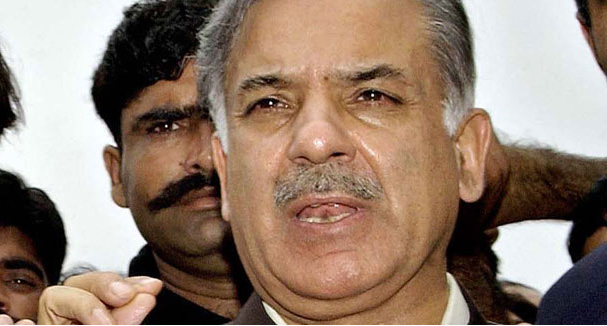|
Unrealistic Punjab budget?

The provincial govt must be commended for increasing allocation for pro-poor subsidies. — APP/File Photo
Prudence demanded that Punjab prepare a cautious budget for the financial year 2009-10 and attempt to achieve its priority development goals while living within realistic financial means over the next one year. But the provincial government did not take that road, perhaps believing that it must follow populist policies even if it were short on cash to finance its development budget.
Here is a classic case of passing the buck: the federal government’s budget for fiscal 2009-10 is dependent on the aid it expects from abroad while Punjab pins its hopes on the centre. The province’s development package of Rs175bn for the next year is already facing a resource gap of more than Rs26bn. This could fall apart if the federal government fails to collect the targeted tax revenue to transfer the promised funds — Rs421bn in Punjab’s case — to the provinces under the NFC award. Analysts predict that the Federal Bureau of Revenue will not be able to meet its tax collection target, just as it was unable to do so during the outgoing fiscal, not least because of sluggish economic conditions and the even slower industrial recovery.
The tax revenue target of Rs49.6bn, too, appears to be unrealistic, particularly because it has been increased from just over Rs28bn collected during the outgoing year and without imposing any new tax or even revising upwards the existing tax rates. This means that a possible financial crunch could result in development targets going topsy-turvy in no time because of the lack of money to finance schemes. It could also force the provincial government to borrow money from commercial banks. The worst scenario is a financial crisis without a contingency plan.
That said the provincial government must be commended for increasing allocation for pro-poor subsidies — cash transfers to poor families, provision of sasti roti, subsidised tractors for farmers, etc — to a whopping Rs30bn. The efficacy of these schemes had remained open to question until now, though, as these were initiated by Chief Minister Shahbaz Sharif to counter the impact of similar schemes launched by the PPP government at the centre: the Benazir Income Support Programme and the Benazir Tractor Scheme. To improve on its current reputation of being a provider of relief to target groups, the provincial government must extend the scope of these subsidies to include areas of the province where people voted for its coalition partner PPP and the PML-Q in last year’s election.
DAWN Editorial: Thursday, 18 Jun, 2009
|

